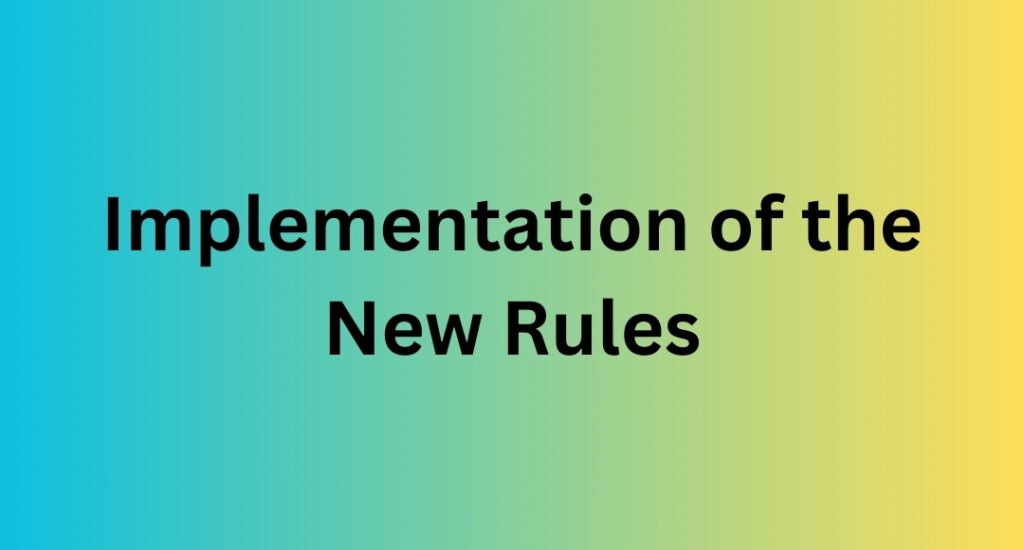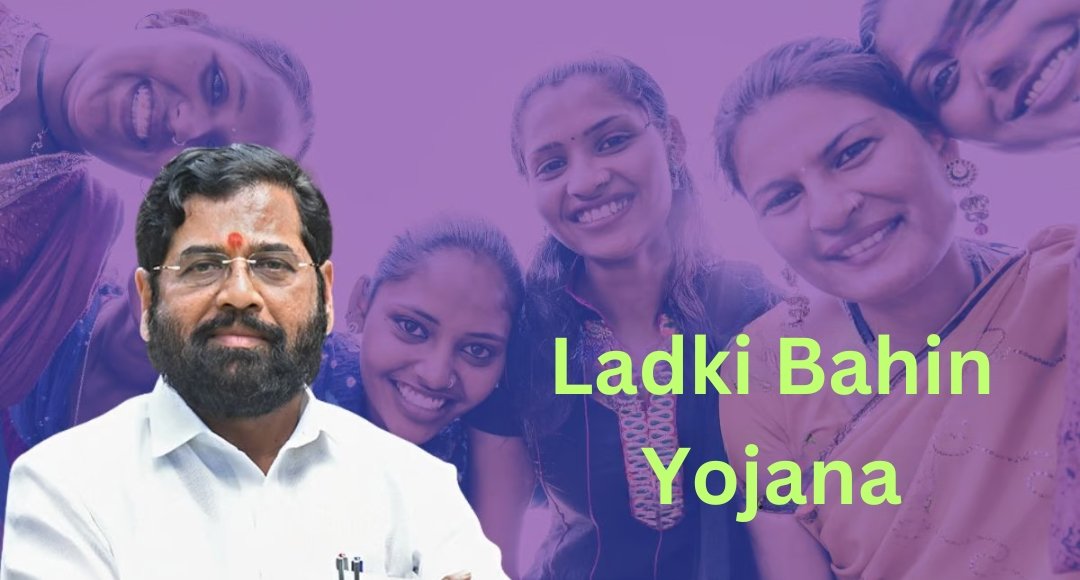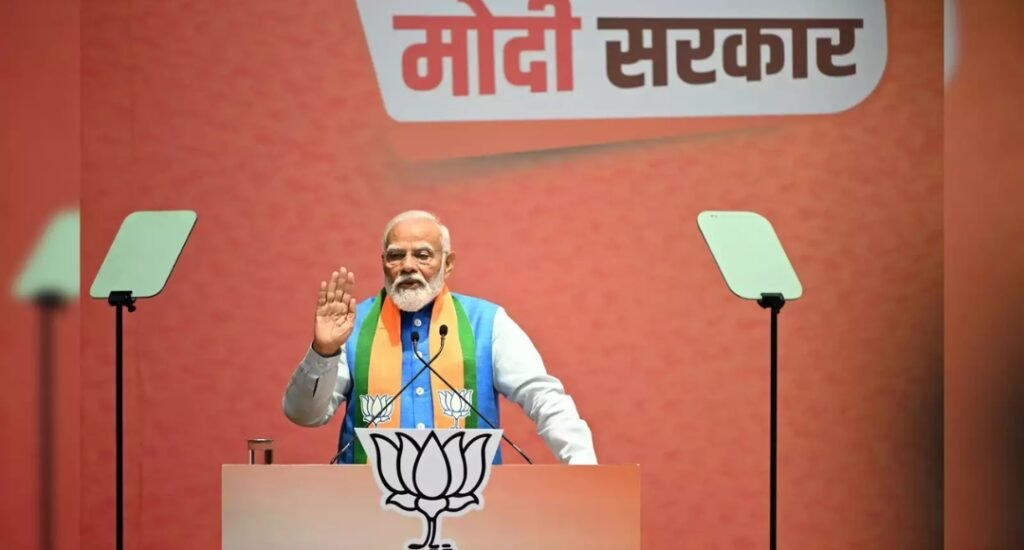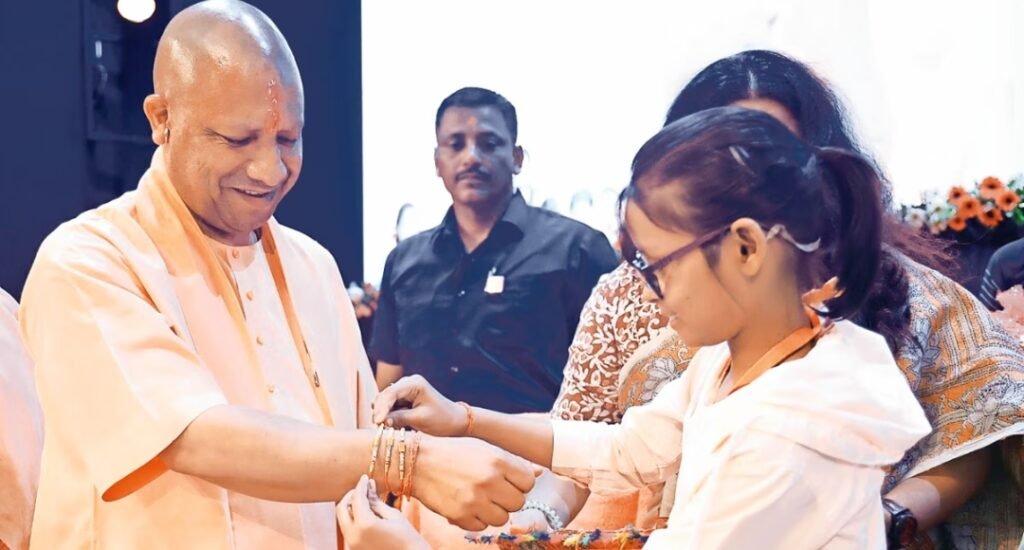The “Ladki Bahin Yojana” (Girl Sister Scheme) has been a flagship initiative aimed at empowering women by providing them with financial assistance to ease their struggles and uplift their socio-economic status. However, in a recent announcement, the Chief Minister made it clear that specific beneficiaries would be excluded from the scheme due to revised eligibility criteria. This move is intended to ensure that the benefits of the program reach those who genuinely need them. Here’s everything you need to know about the announcement and its implications.
What is the Ladki Bahin Yojana?
The Ladki Bahin Yojana, launched by the state government, focuses on empowering women through direct financial support. It aims to provide monthly aid to economically weaker women who struggle to manage their households. Women from different walks of life, including married, unmarried, divorced, and widowed individuals, are eligible to apply under this scheme.
The primary objective of this scheme is to offer financial independence to women, thereby enabling them to contribute significantly to their families and communities. However, with limited resources, the government is now making changes to the eligibility requirements to ensure that only the most deserving candidates are part of the program.
Chief Minister’s Announcement
The Chief Minister recently stated that the government would exclude certain women from the scheme after reviewing their eligibility. He emphasized the importance of directing state resources toward genuinely needy families rather than those who do not meet the revised criteria. This decision has sparked both support and criticism from various quarters.
The CM clarified, “The government remains committed to the welfare of women, but we need to ensure that the funds allocated for this scheme are utilized wisely. Women who do not meet the eligibility standards will be removed from the beneficiary list after a thorough review.”
Revised Eligibility Criteria

The updated guidelines for the Ladki Bahin Yojana exclude women belonging to specific categories. Here are the revised eligibility rules and exclusions:
Eligibility Conditions
- The applicant must be a resident of the state.
- Women aged 21 to 65 years are eligible to apply.
- Annual family income must not exceed ₹2.5 lakh.
- Applicants must have a bank account in their name to receive direct benefits.
- The scheme is open to married, unmarried, widowed, and divorced women.
Exclusion Criteria
The following categories of women will no longer qualify for the scheme:
- Income Taxpayers: Families with members paying income tax will be excluded.
- Government Employees: Women whose family members are government employees or pensioners are ineligible.
- Vehicle Ownership: Families owning a four-wheeler (excluding tractors) are disqualified.
- Political Affiliations: Current or former MPs and MLAs, or their families, cannot apply.
- Beneficiaries of Other Schemes: Women already receiving financial assistance from other government programs will not qualify.
- Government Appointees: Families with members holding significant roles in government boards or corporations are excluded.
These changes aim to streamline the scheme and prevent misuse of funds.
Reason for Exclusion
The government’s decision to revise the eligibility criteria stems from the need to ensure the scheme’s sustainability. By excluding families who already have access to stable financial resources or other government benefits, the administration hopes to prioritize economically weaker sections.
The Chief Minister stressed that the scheme was always intended to target those most in need. “This adjustment is not about removing people unfairly but about ensuring that every rupee reaches the right hands,” he explained.
Implementation of the New Rules

To implement these changes, the government will conduct a detailed review of the applications submitted under the Ladki Bahin Yojana. A rigorous verification process will identify beneficiaries who do not meet the revised criteria.
The Chief Minister assured that the process would be transparent, and eligible candidates would continue to receive benefits without any disruption. Women who are found to be ineligible will be informed, and their names will be removed from the list of beneficiaries.
Public Reaction to the Announcement
The decision has garnered mixed reactions. Supporters of the revised eligibility criteria argue that it is a necessary step to ensure fair allocation of resources. They believe that removing ineligible beneficiaries will allow the government to expand the scheme’s reach and possibly increase the financial aid provided to deserving women.
On the other hand, critics have expressed concerns about the potential exclusion of deserving candidates due to bureaucratic errors or misinterpretations of the new rules. Advocacy groups have urged the government to establish a grievance redressal mechanism to address any issues arising from the exclusion process.
Government’s Future Plans for the Scheme
Despite the exclusions, the Chief Minister reaffirmed the government’s commitment to the Ladki Bahin Yojana. He hinted at plans to enhance the financial aid provided under the scheme in the near future. “We are considering increasing the monthly assistance to ₹2,100 to provide more substantial support to eligible women,” he said.
The government also plans to invest in awareness campaigns to ensure that eligible women know about the scheme and understand the application process.
Conclusion
The Ladki Bahin Yojana has been a lifeline for many women, offering them financial security and the means to improve their living conditions. While the exclusion of certain beneficiaries may seem controversial, the government’s intent to refine the scheme and focus on the truly needy is commendable.
With transparent implementation and proper oversight, these changes could enhance the scheme’s impact, ensuring that the most vulnerable sections of society receive the support they deserve. For women across the state, the Ladki Bahin Yojana remains a symbol of hope and empowerment, albeit with stricter eligibility checks.





